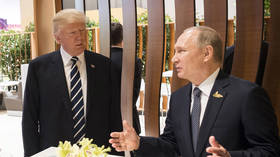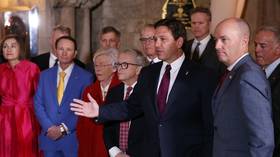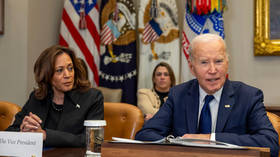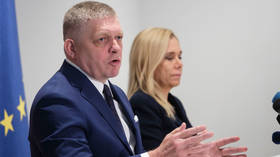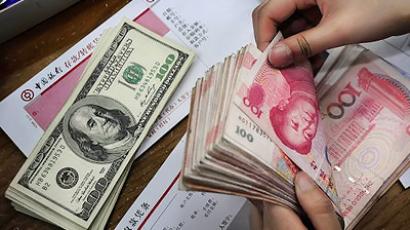Steve Forbes predicts new gold standard within 5 years
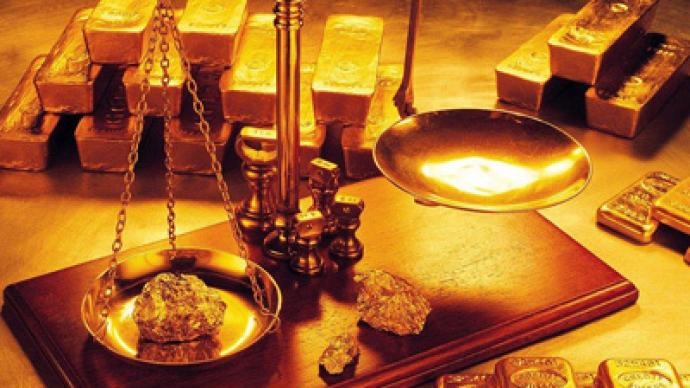
Global currencies had been in flux for months, with both gold and silver rising rapidly reaching past records. Prior to the recent fall, silver had grown by 60 percent in 2011 alone, according to MarketWatch.
In the unstable financial markets global currencies are becoming increasingly challenged by the stability of precious metals. The instability has many eying ways to stabilize currencies in the future. "People know that something is wrong with the dollar," businessman Steve Forbes told Human Events. Echoing major gold standard advocates like Republican Congressman Ron Paul, Forbes said a new gold standard was looming."What seems astonishing today could become conventional wisdom in a short period of time," he added. "You cannot trash your money without repercussions."Scott Carter, the executive vice president of Goldline, said many more people are starting to recognize the value of gold as the dollar and currency markets fluctuate. “Central banks used to be net sellers of gold for a decade. They were providing most of the supply of gold in the market place,” he said. “Most recently though all central banks have been holding onto the gold that they own or they’ve been buying gold. Not only Mexico, but Russia has been buying gold. The central bank of India bought a significant amount of gold a year and a half ago. We know that China is building up their gold supplies.”Carter explained that central banks who are familiar with paper currencies are seeing a reason to diversify the away from national currencies in favor of gold – which is more stable. He explained that brining back a gold standard would place limitations on central banks. It would control the amount of money banks could print by placing a standardized value on currencies and prevent additional debts from mounting and prevent currency devaluation. A new gold standard would limit currencies and force government spending reductions. This, Carter argued, would be good for the US dollar, but in the short-term would have a great deal of economic impact as governments are forced to cut-back. “It would force our Congress to live within our means,” he noted. This would not be new for America, the US used to operate on a gold standard. “It’s not that long ago that we were on the gold standard. It’s only been 40 years since we closed the gold window under the Nixon administration,” Carter said. “For most of our existence as a country we have been on a gold standard. It’s only not been the case for 40 years.” All in all, he contended, a new gold standard would bring limitations to central banks and a new found level of consistency to currency values – it would curtail the volatility frequent in today’s financial markets. Gerald Celente, the director of the Trends Research Institute in New York explained Forbes once criticized gold investments and any notion of a return to a gold standard, but today has flip-flopped as the dollar and other currencies fell.“Steve Forbes is so late on this,” he said.“The cheaper the dollar goes, the commodities go higher. The dollar isn’t worth the digital paper it’s not being printed on,” Celente said. “The business of America is war; as opposed to the business of China is business.”Celente argued that America is spending far too much, devaluing the dollar and wasting billion on an overdeveloped military system. A gold standard would reign in the central bank, but he contended that the government will build in rules to maintain control and game the system.



